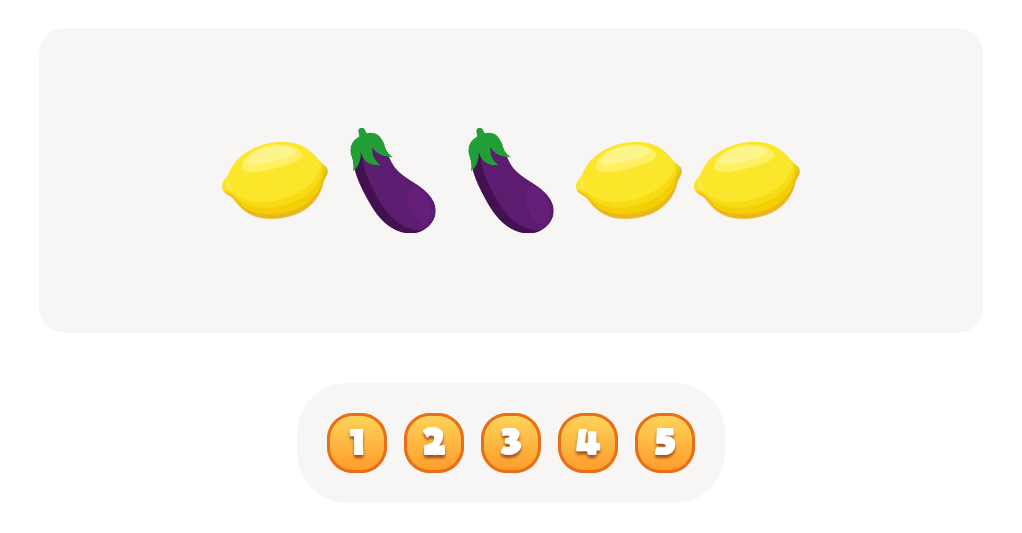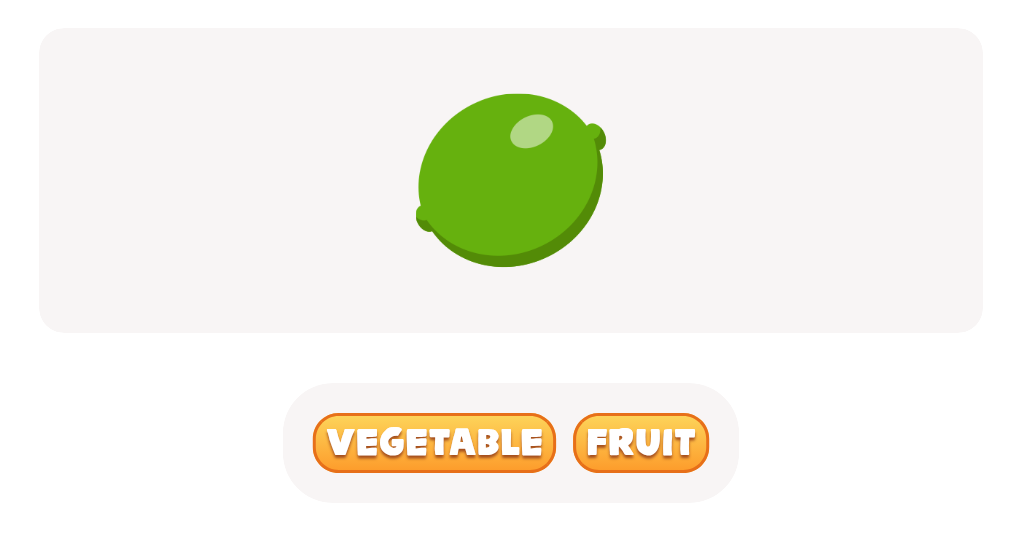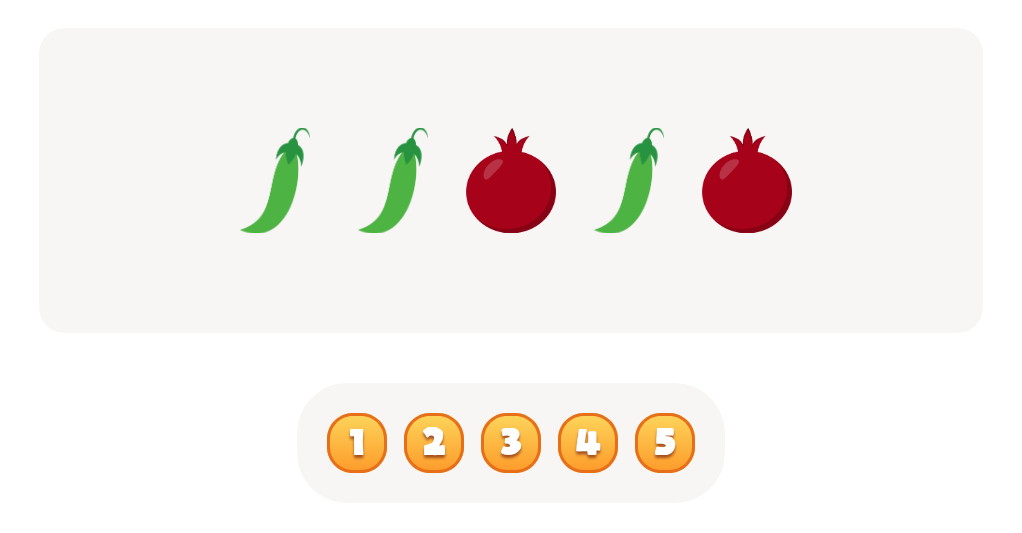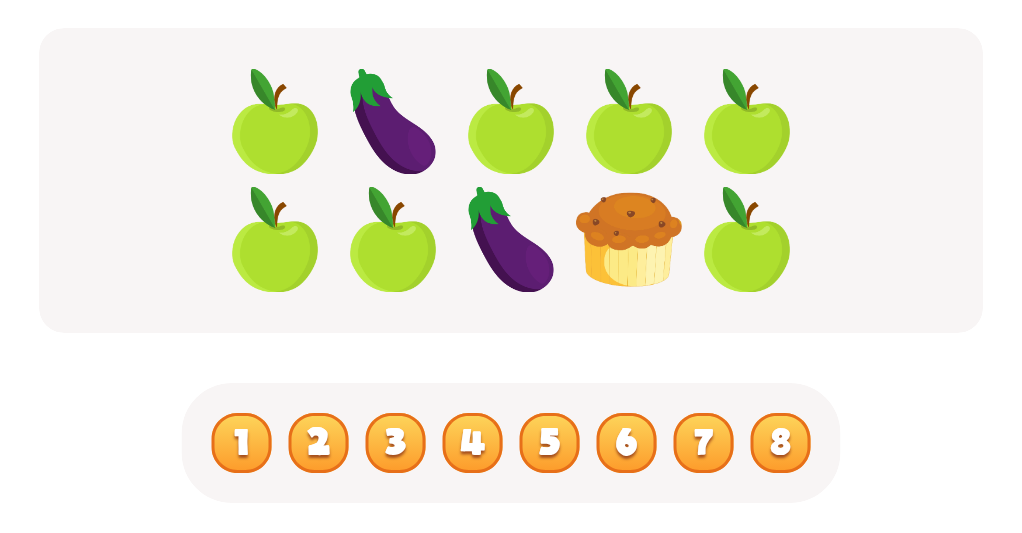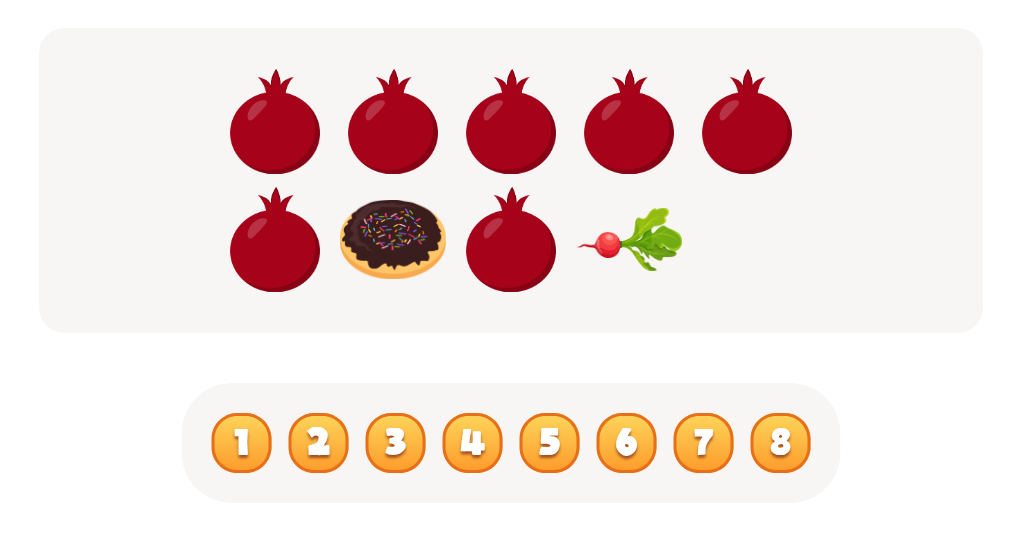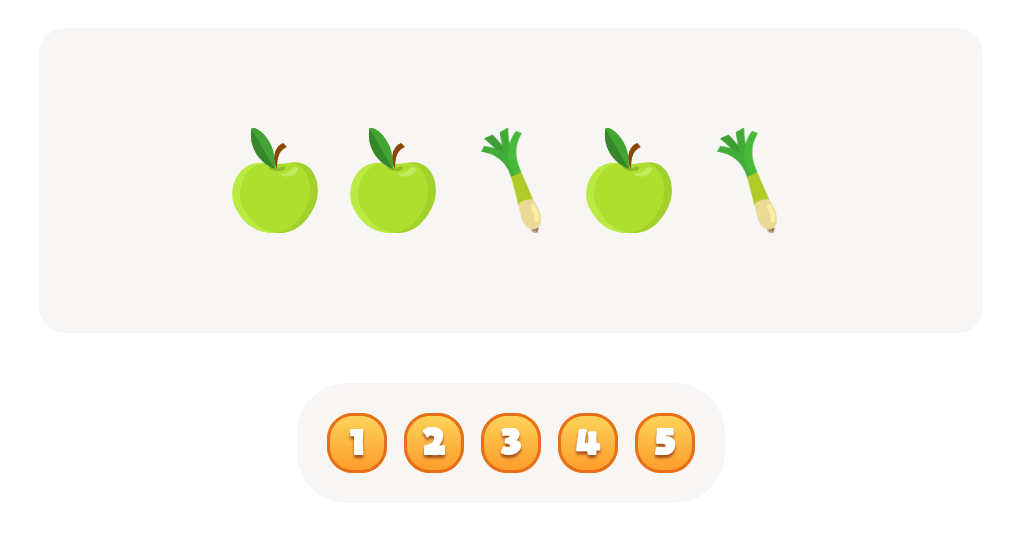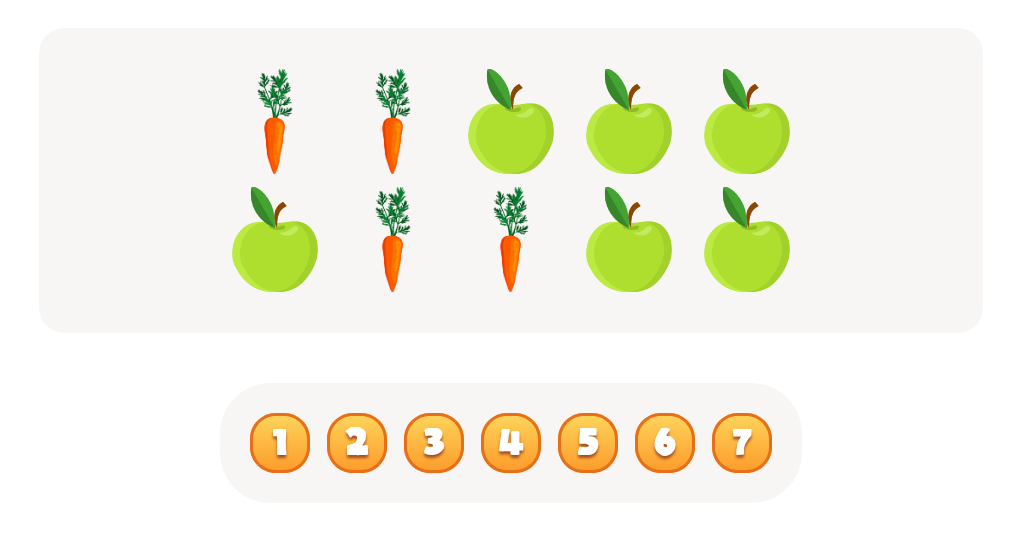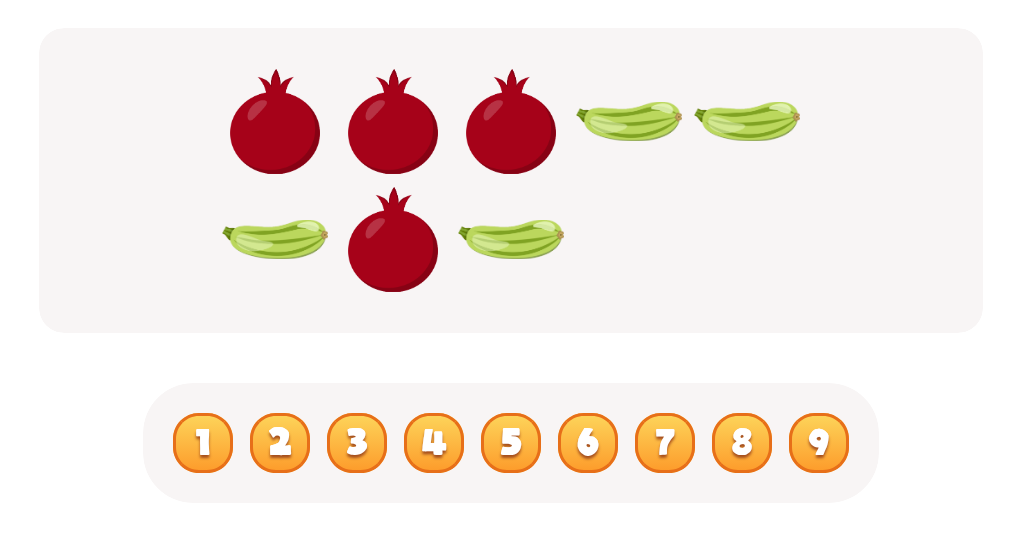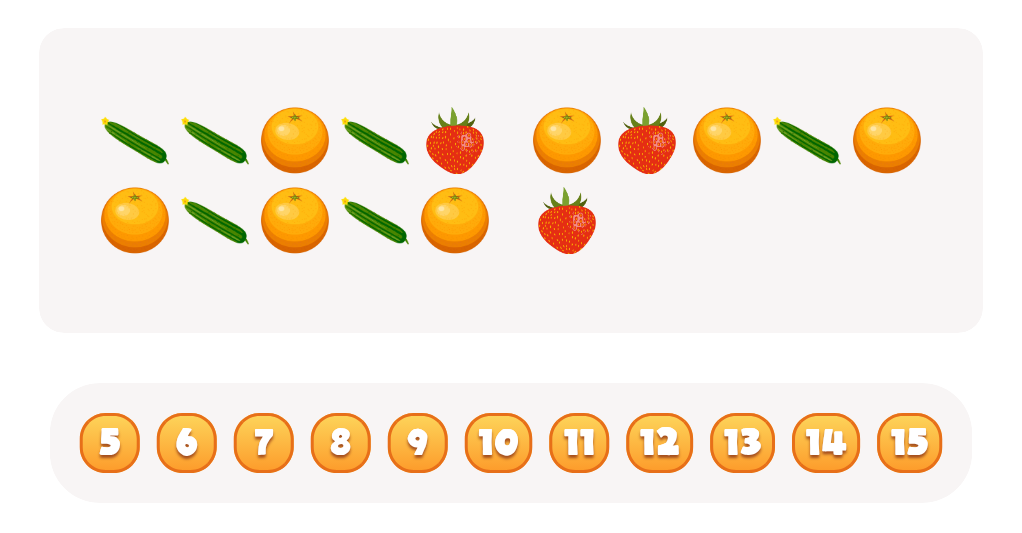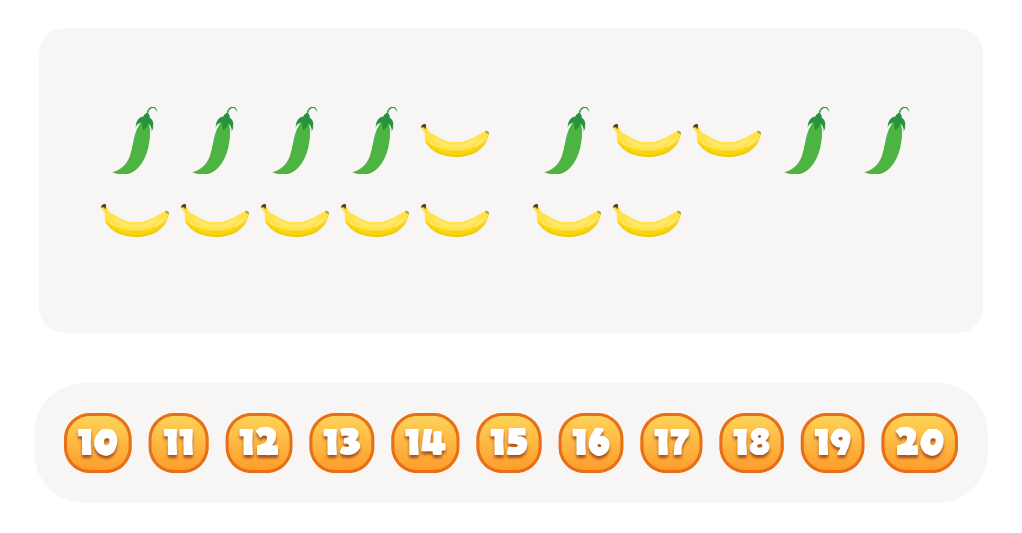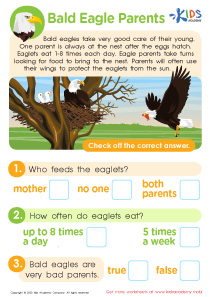Plants Worksheets for Ages 6-9
24 filtered results
-
From - To
Discover our engaging Plants Worksheets for ages 6-9! These beautifully crafted educational resources combine fun and learning, designed to captivate young minds while teaching essential plant biology concepts. From the basics of plant parts and life cycles to understanding photosynthesis and ecosystems, each worksheet promotes curiosity and reinforces scientific knowledge through hands-on activities, colorful illustrations, and age-appropriate exercises. Perfect for classroom or home use, our worksheets are aligned with educational standards, ensuring a robust and enjoyable introduction to the wonders of the plant world. Begin your child's exciting journey into science with Kids Academy today!
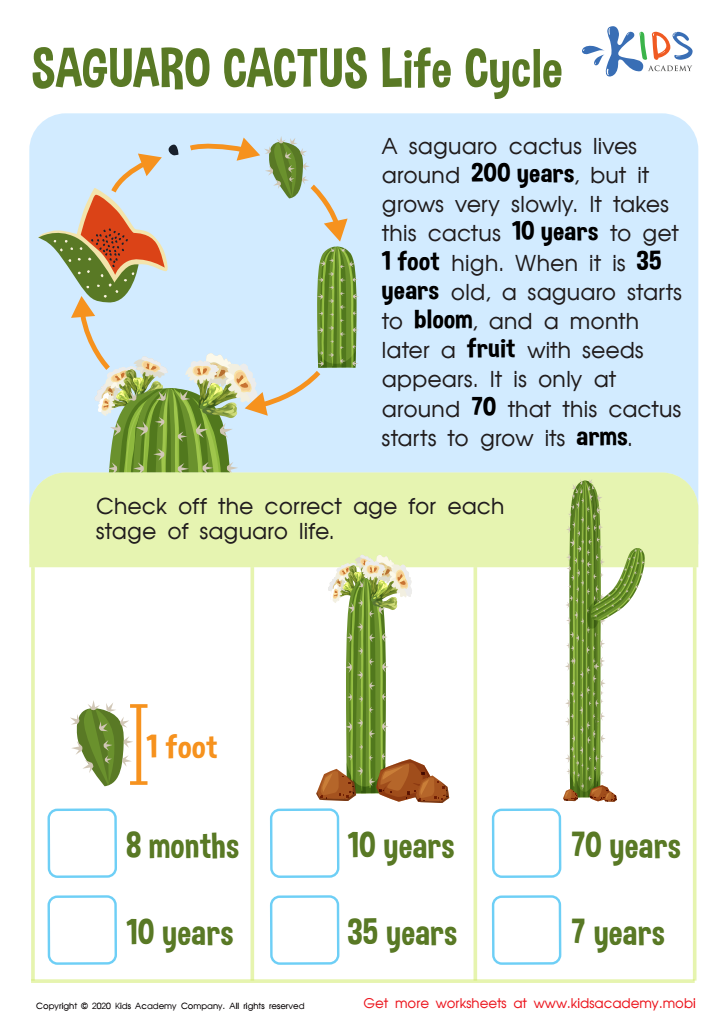

Saguaro Cactus Life Cycle Worksheet
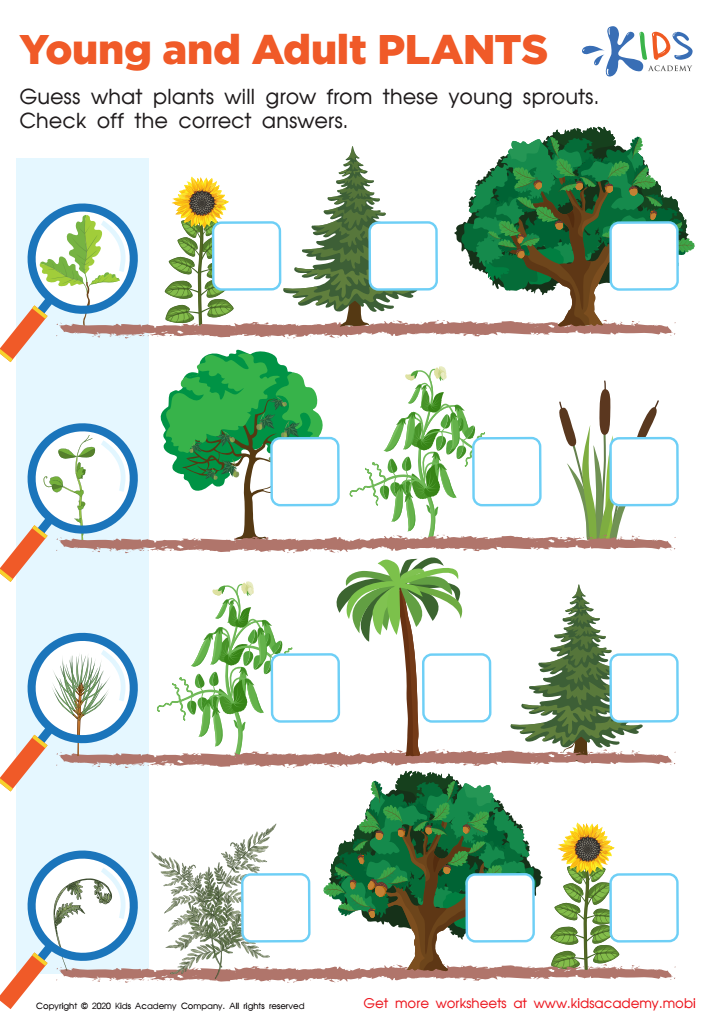

Young and Adult Plants Worksheet
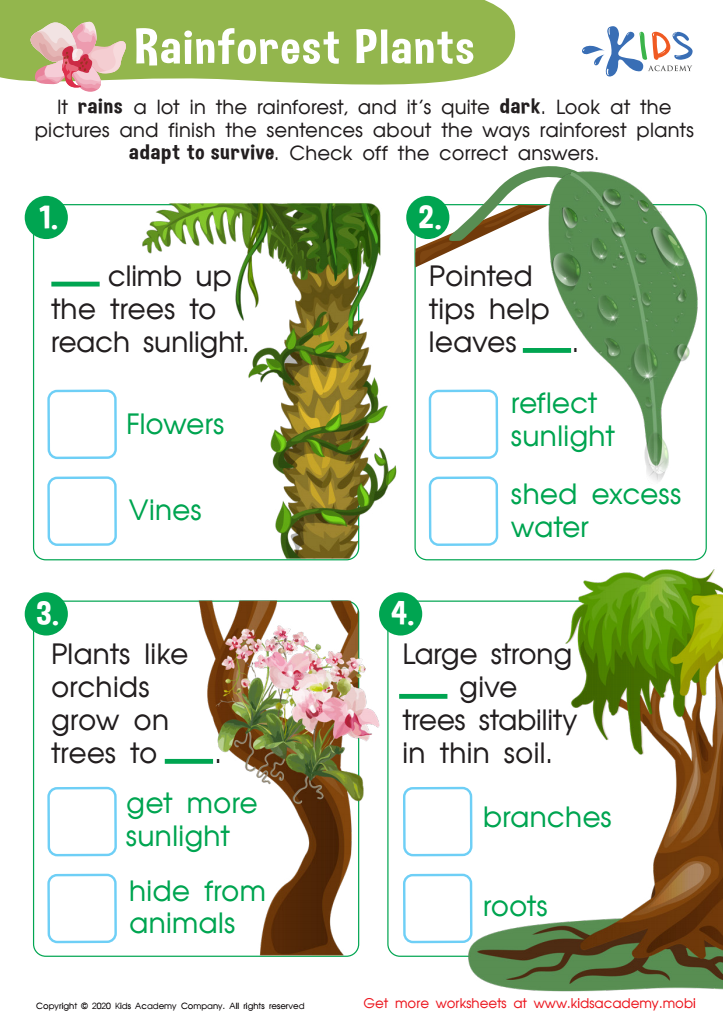

Rainforest Plants Worksheet
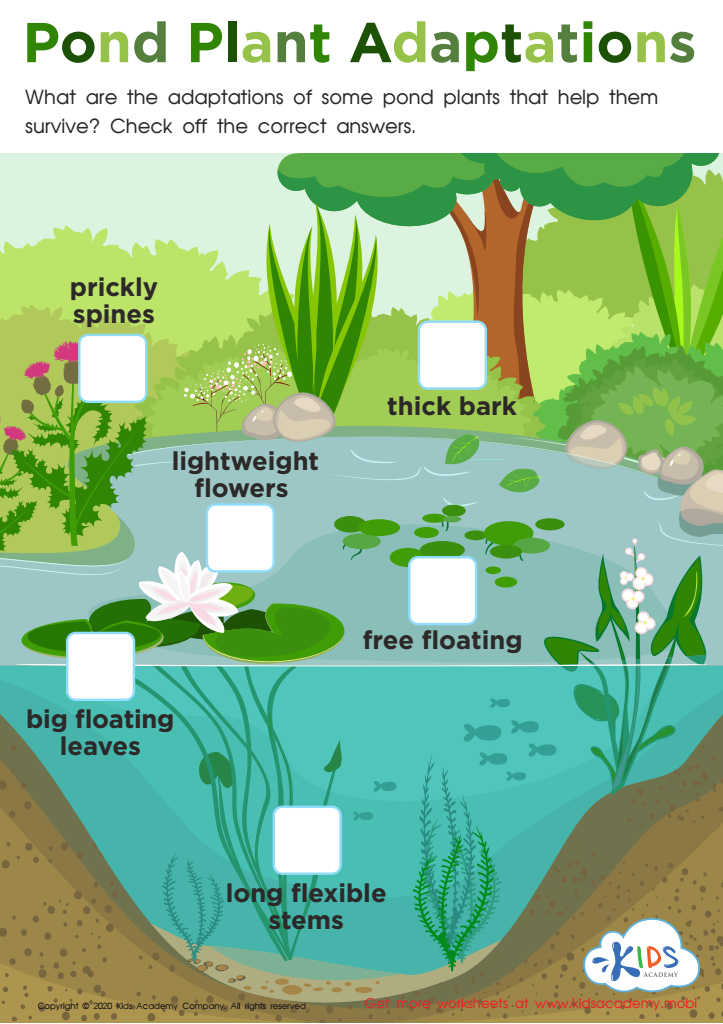

Pond Plant Adaptations
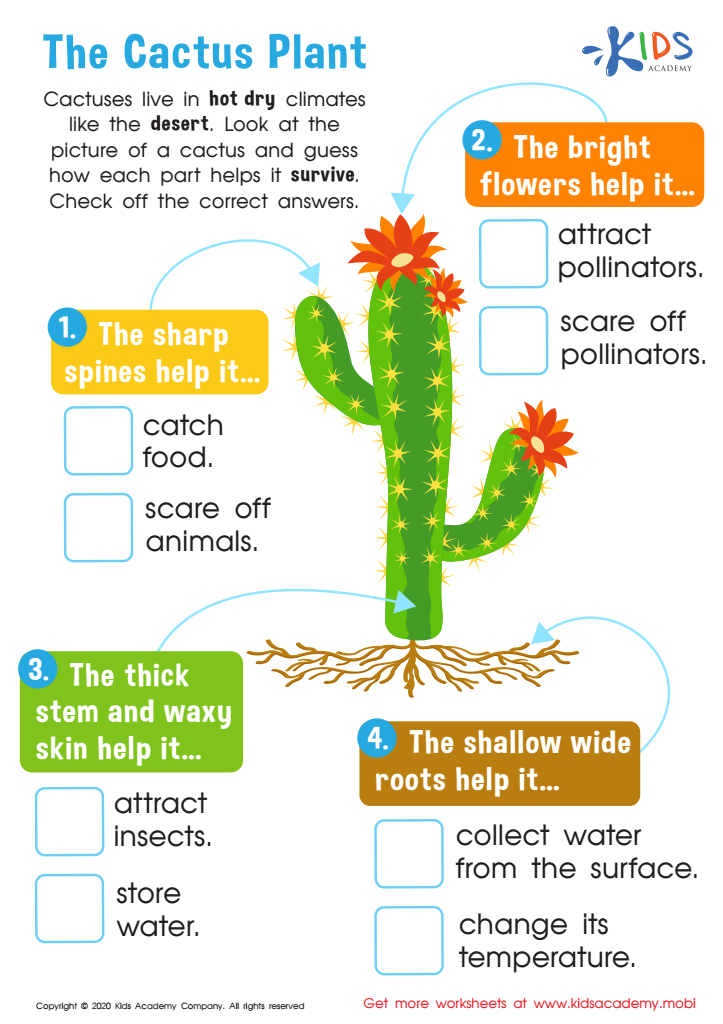

The Cactus Plant Worksheet
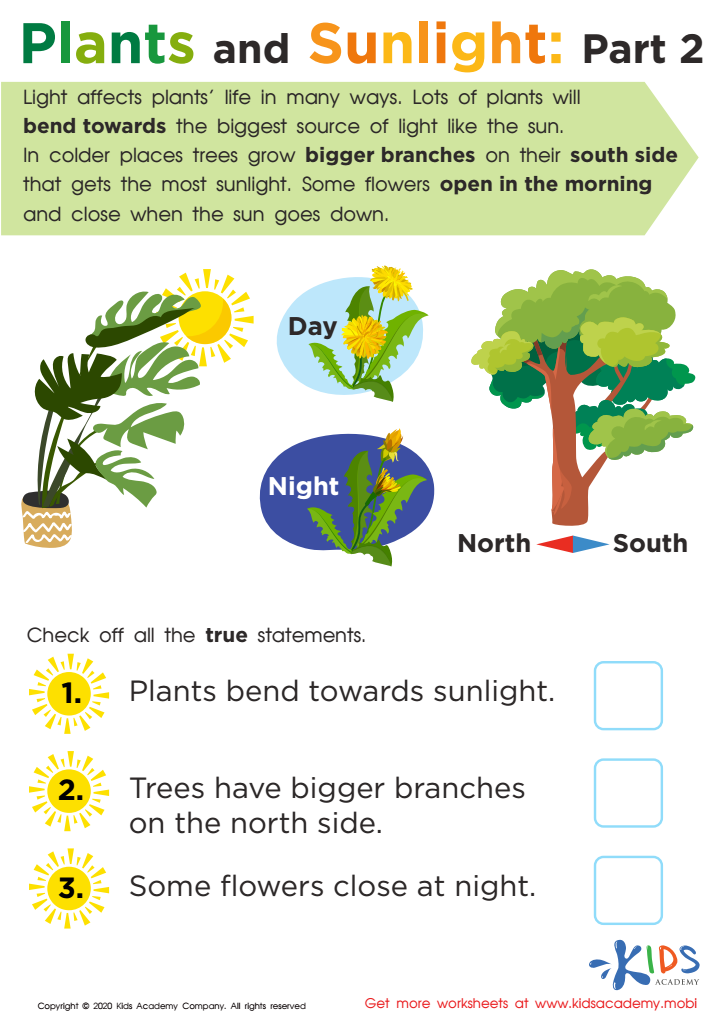

Plants and Sunlight: Part 2 Worksheet
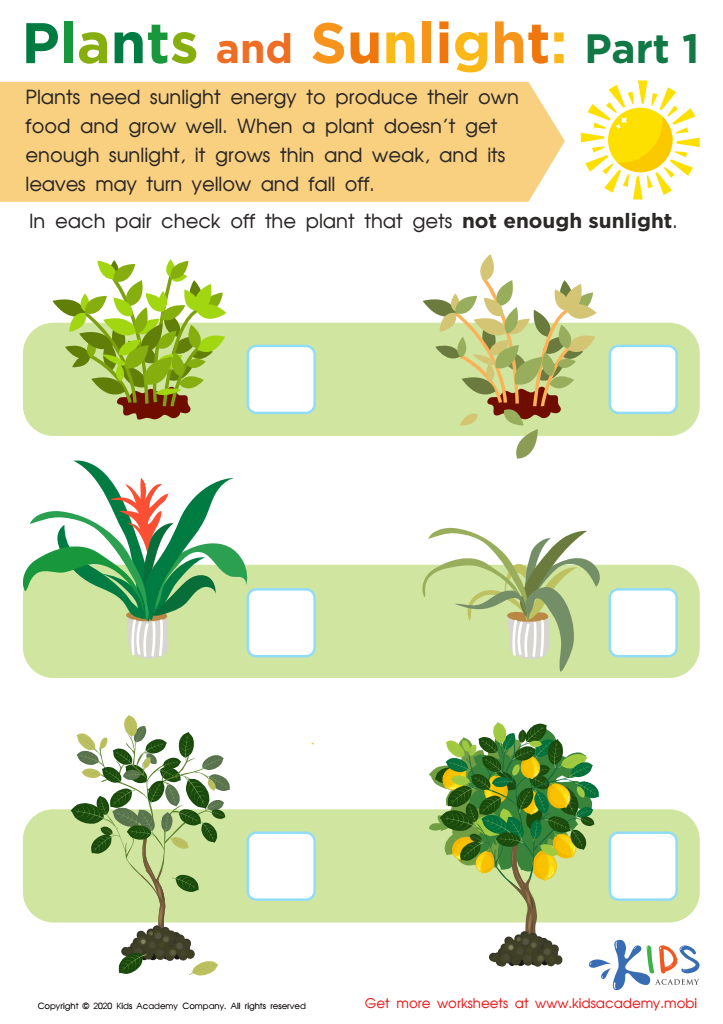

Plants and Sunlight: Part 1 Worksheet
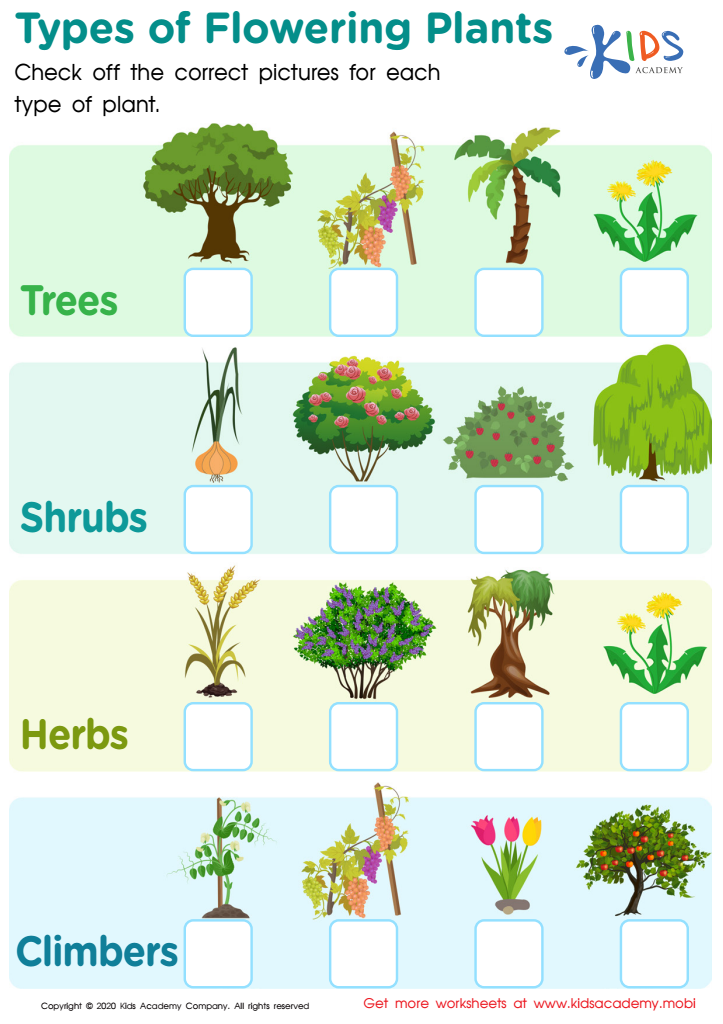

Types of Flowering Plants Worksheet
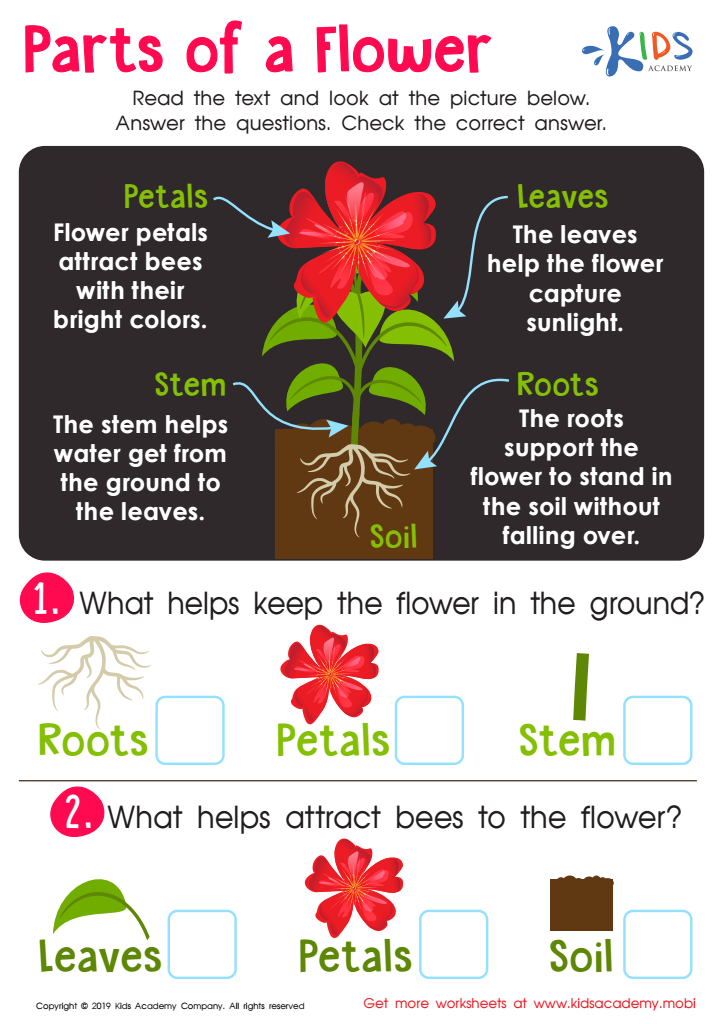

Parts of Flower Worksheet
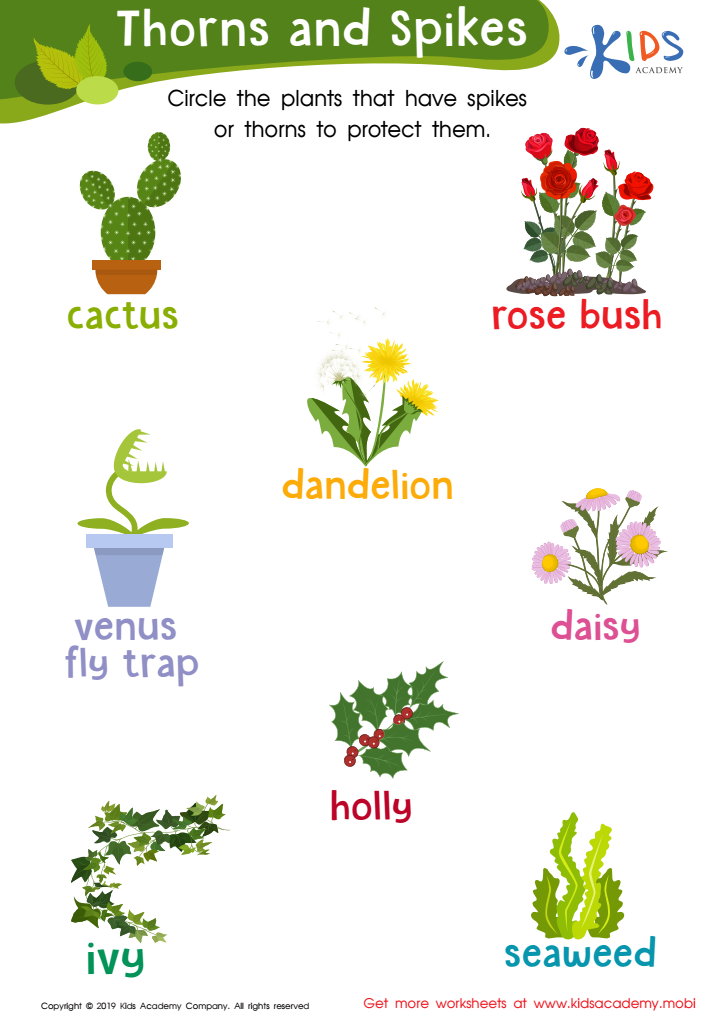

Thorns and Spikes Worksheet
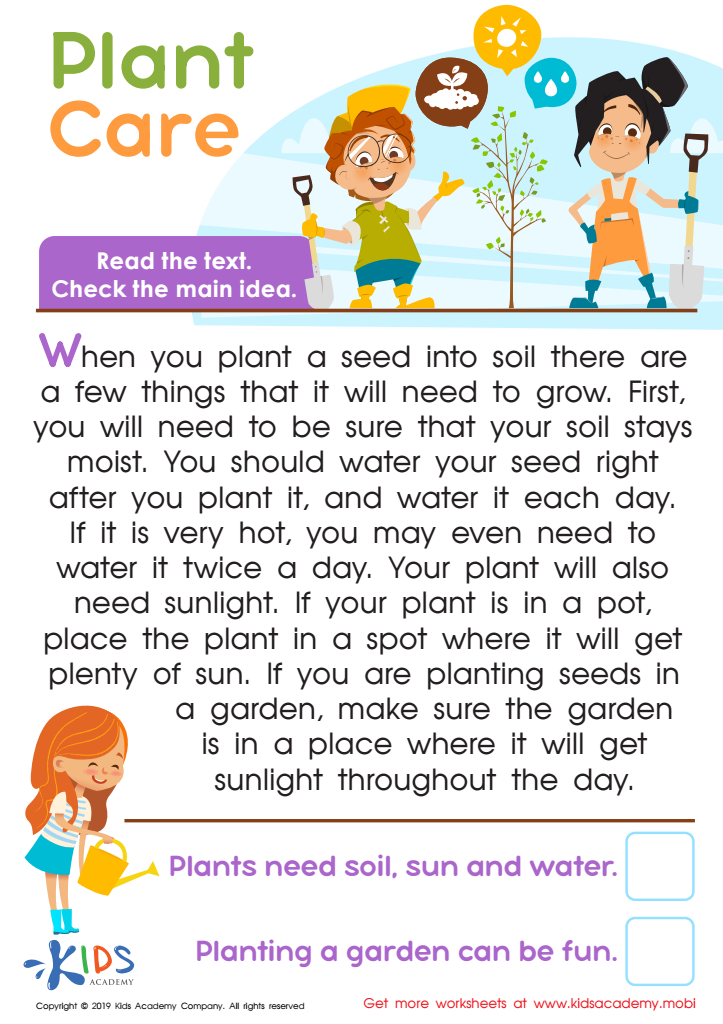

Plant Care Worksheet
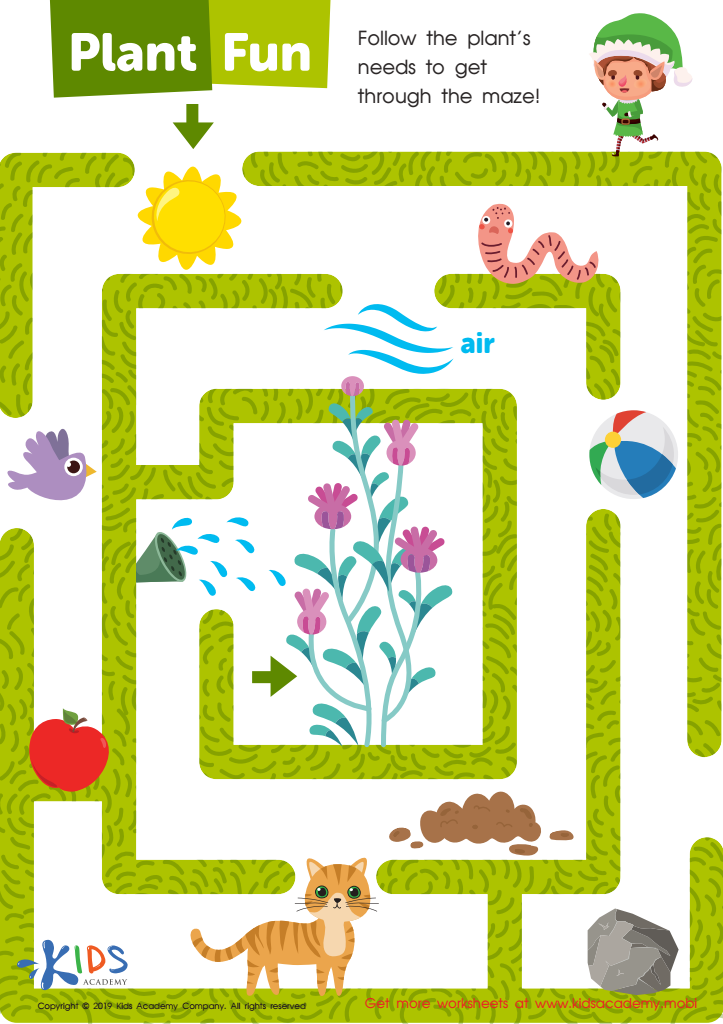

Plant Fun Worksheet
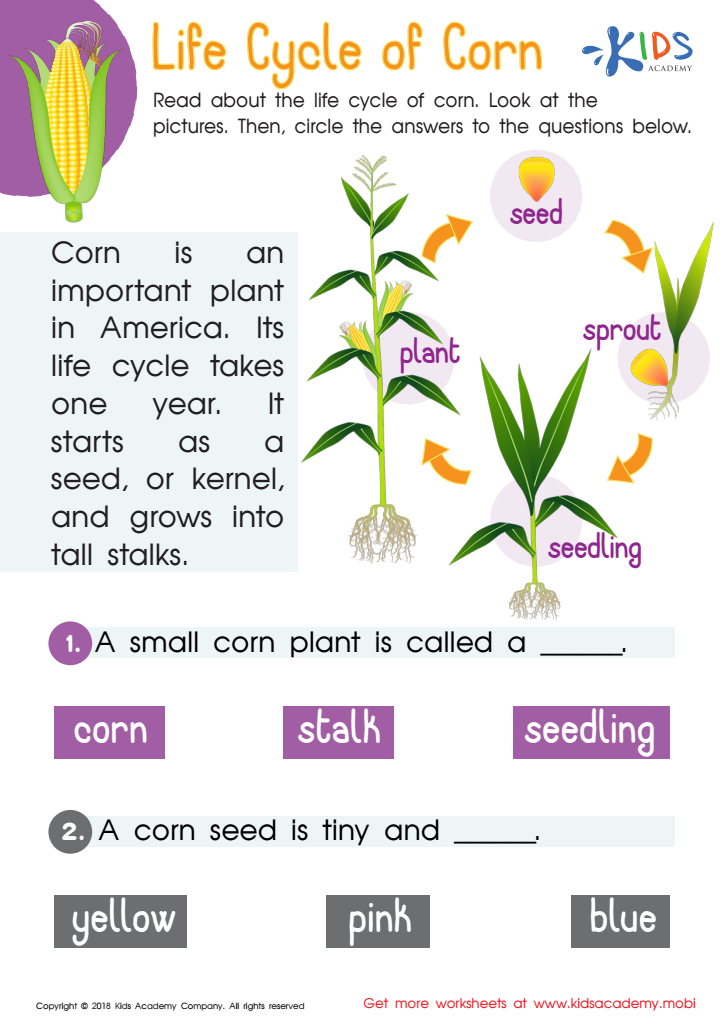

Life Cycle of Corn Worksheet
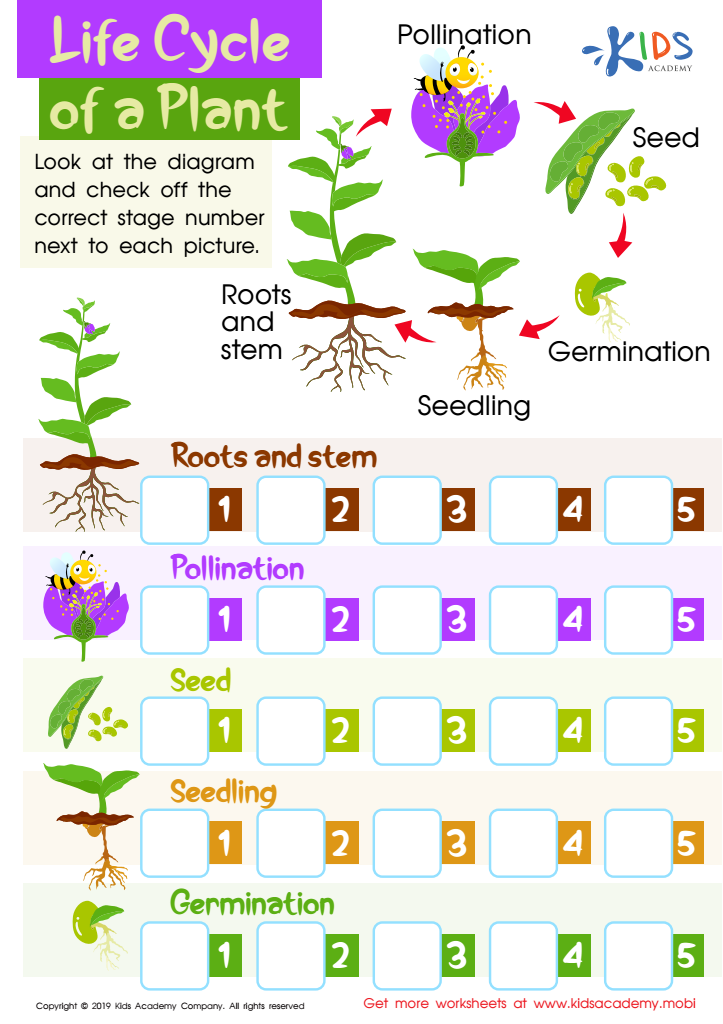

Life Cycle of a Plant Worksheet


Ecosystems: Assessment 1 Worksheet
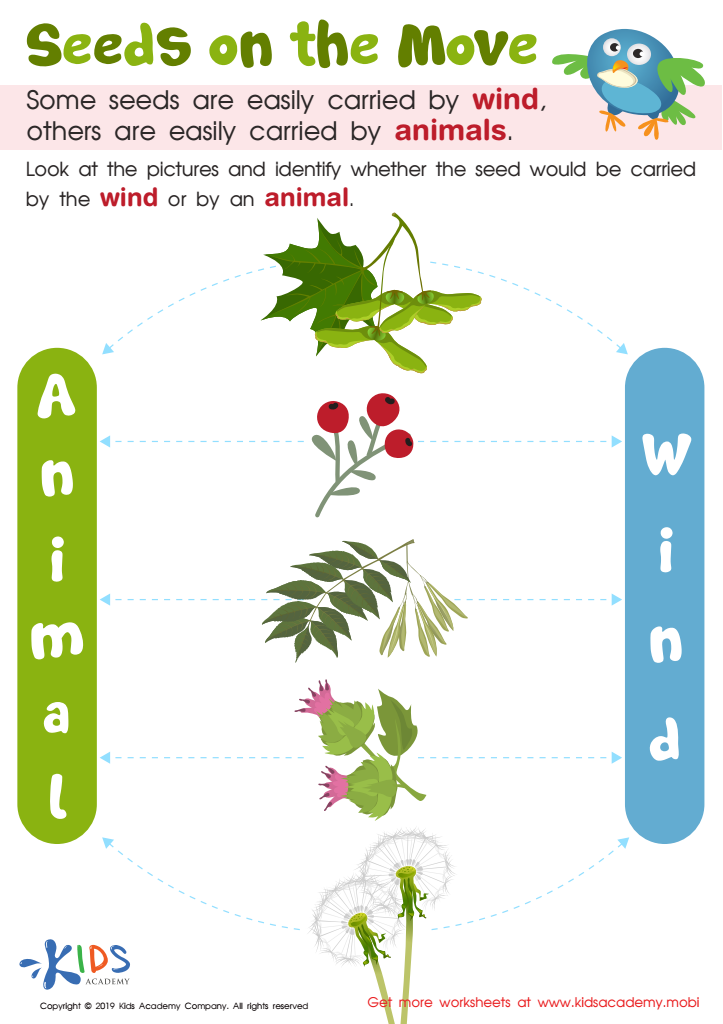

Seeds on the Move Worksheet
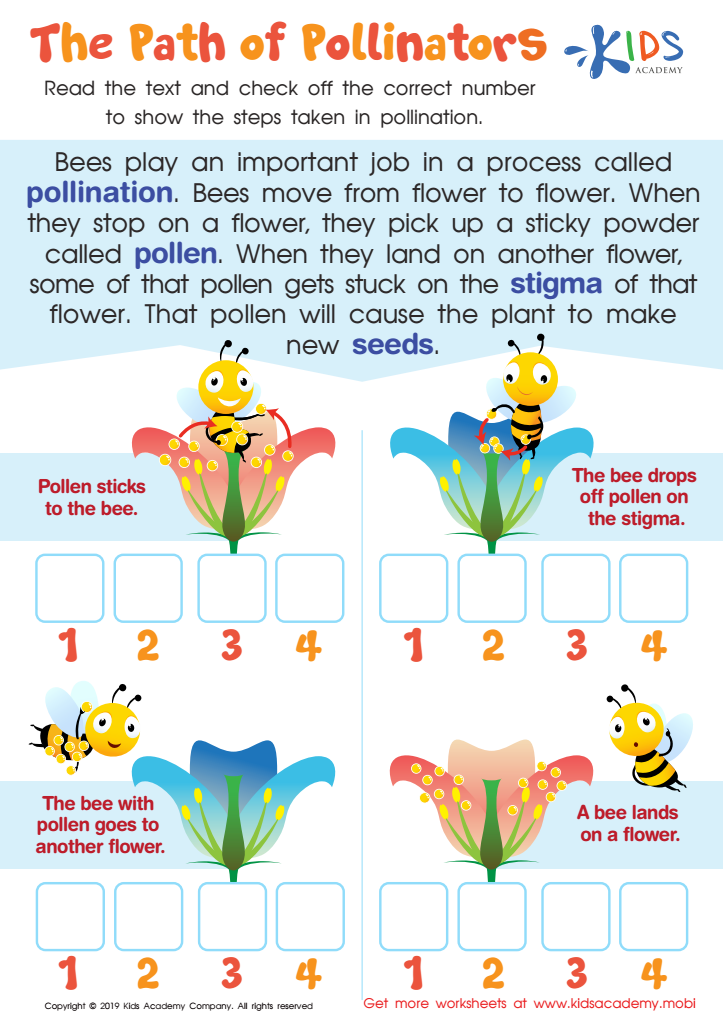

The Path of Pollinators Worksheet
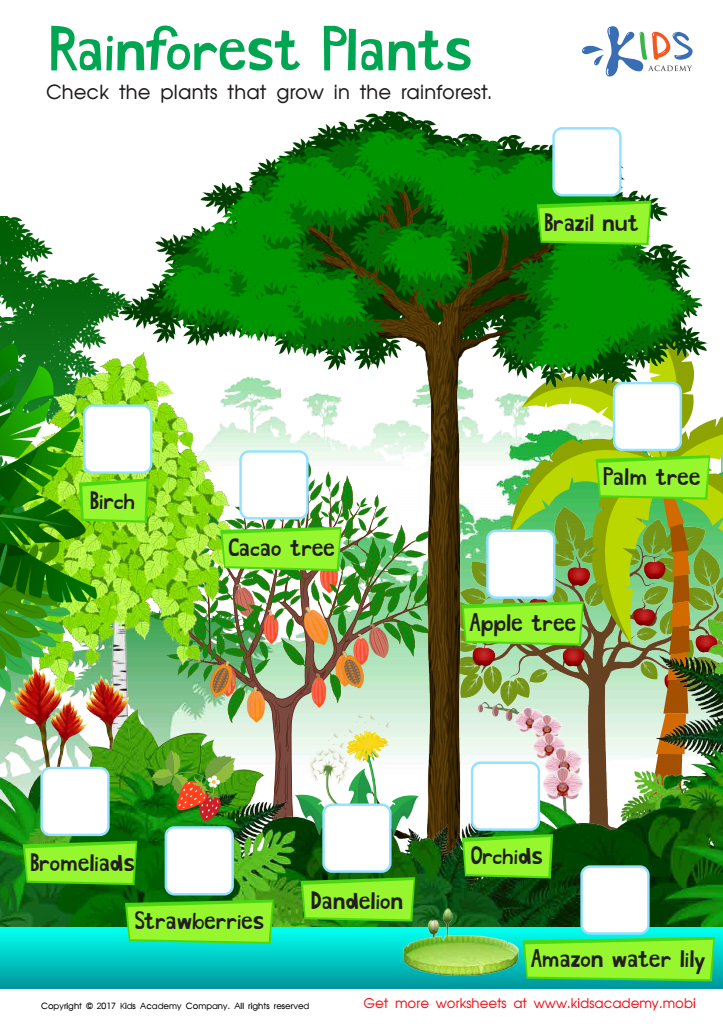

Rainforest Plants Worksheet
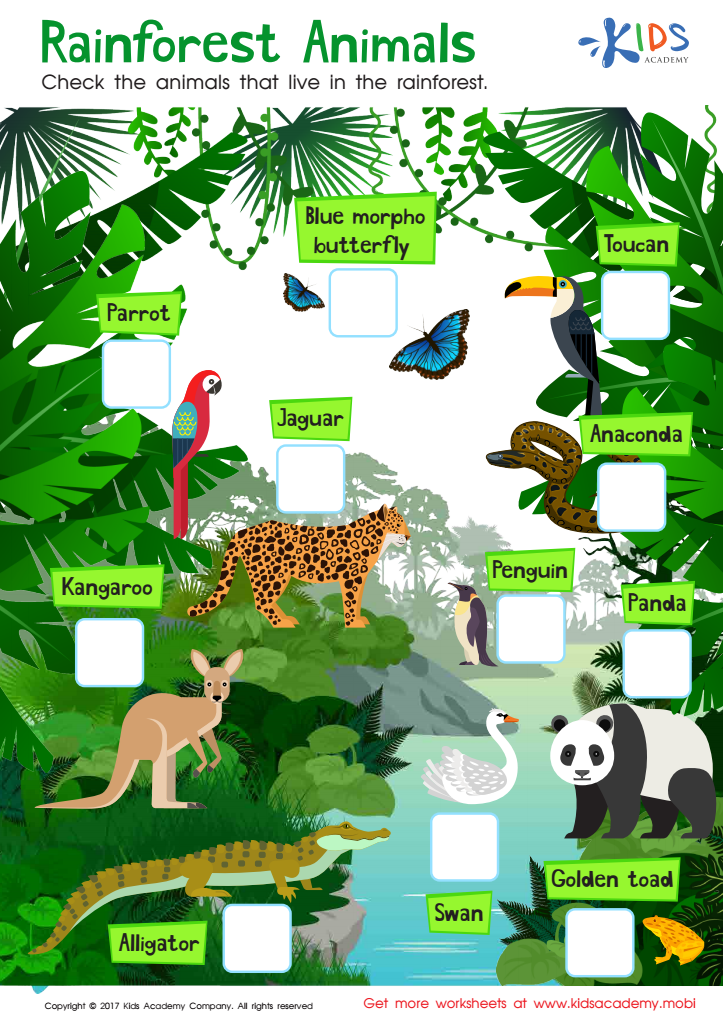

Rainforest Animals Worksheet
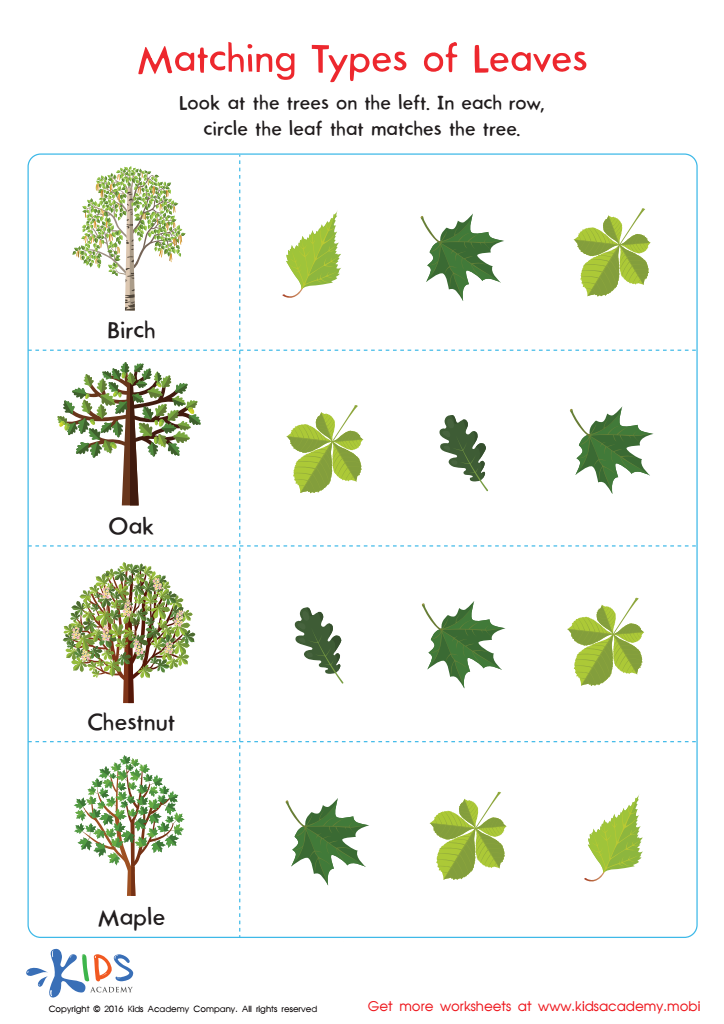

Matching Types of Leaves Printable
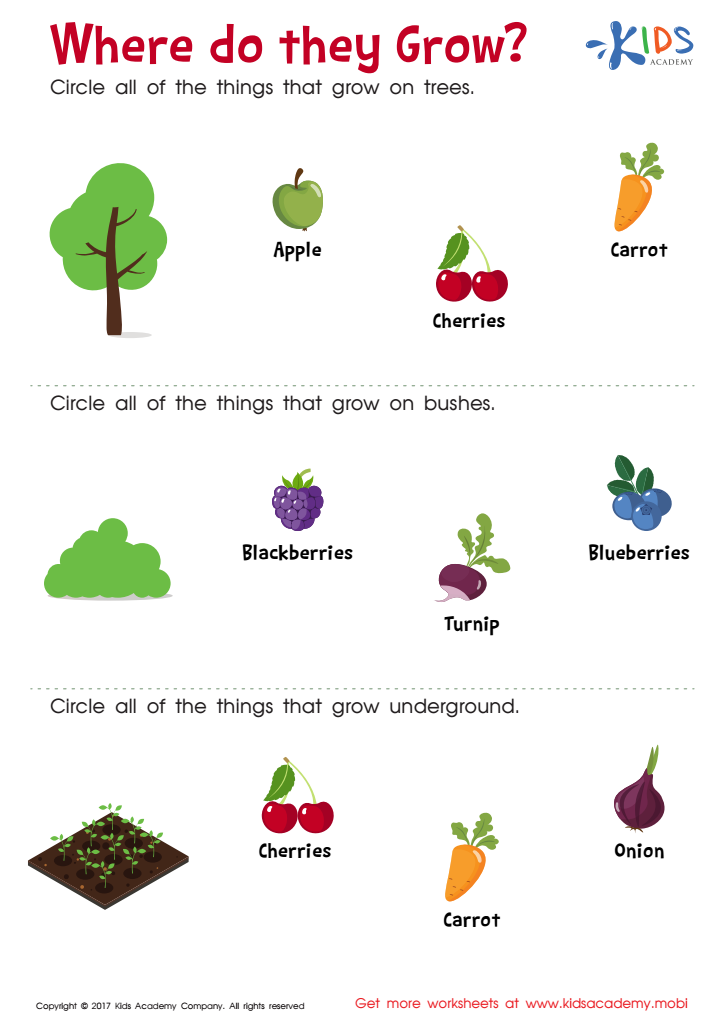

Where Do They Grow Worksheet
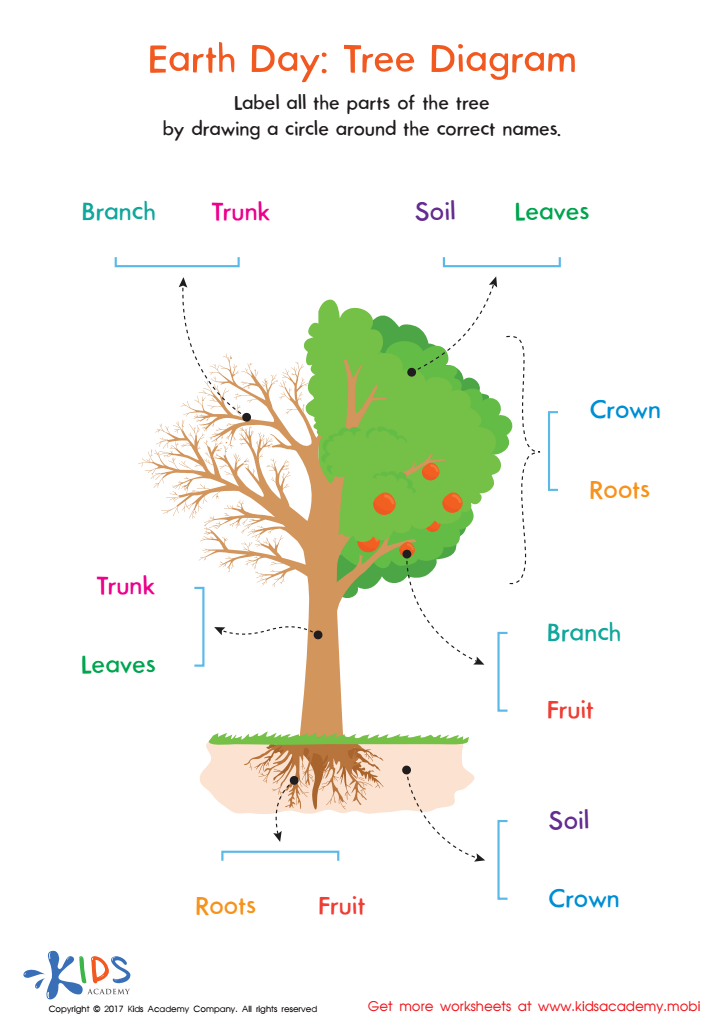

Earth Day: Tree Diagram Worksheet
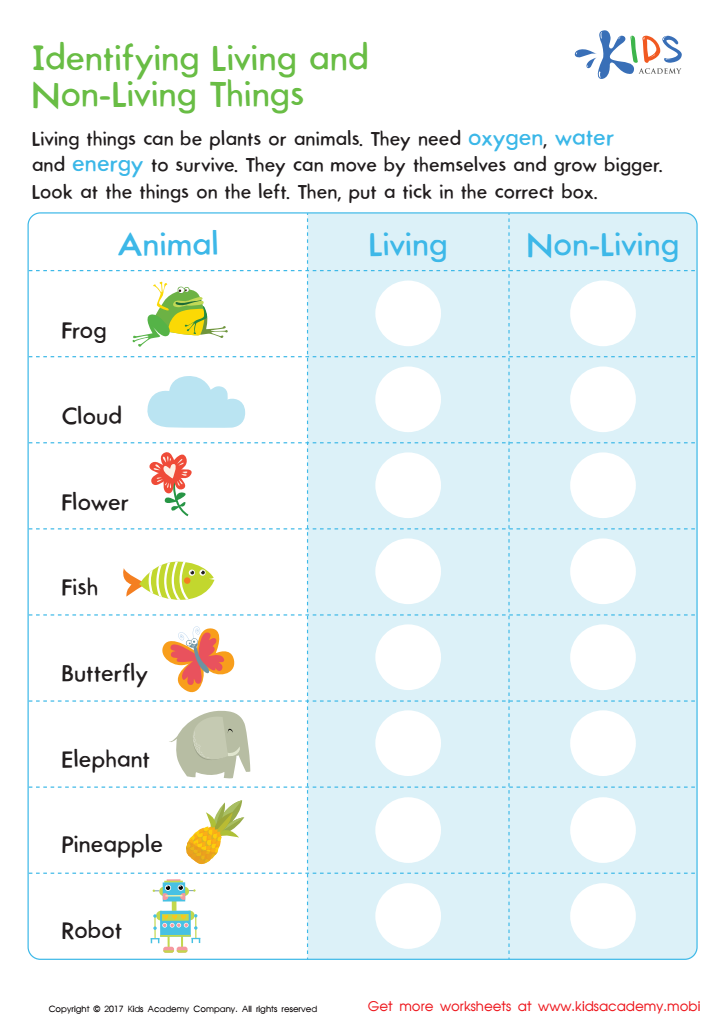

Identifying Living or Non–living Worksheet


What Do Plants Need to Grow Worksheet
Plants play a crucial role in both the environment and our daily lives, making it important for children aged 6-9 to learn about them. Understanding plants fosters a sense of curiosity and appreciation for nature. Young children are naturally inquisitive, and learning about plants' lifecycle, parts, and functions satiates and encourages that curiosity.
Moreover, plants are fundamental to life; they provide oxygen, food, and shelter, affecting our ecosystem and daily sustenance. Teaching children about plants helps them grasp basic scientific concepts like photosynthesis, growth, and reproduction, laying a foundation for future learning in biology and ecology.
Engaging in activities like planting seeds or caring for a garden enhances children's fine motor skills and teaches responsibility. It also provides opportunities for hands-on, experiential learning, which can solidify complex concepts through practice and observation.
Finally, educating children about sustainable practices and the importance of plants in environmental health helps them develop eco-friendly behaviors. Early exposure to environmental education fosters lifelong habits that can contribute to sustainability and ecological conservation.
In summary, parents and teachers should care about plants for young children as it promotes scientific understanding, practical skills, and environmental stewardship—all of which contribute to well-rounded, knowledgeable individuals.
 Assign to My Students
Assign to My Students
